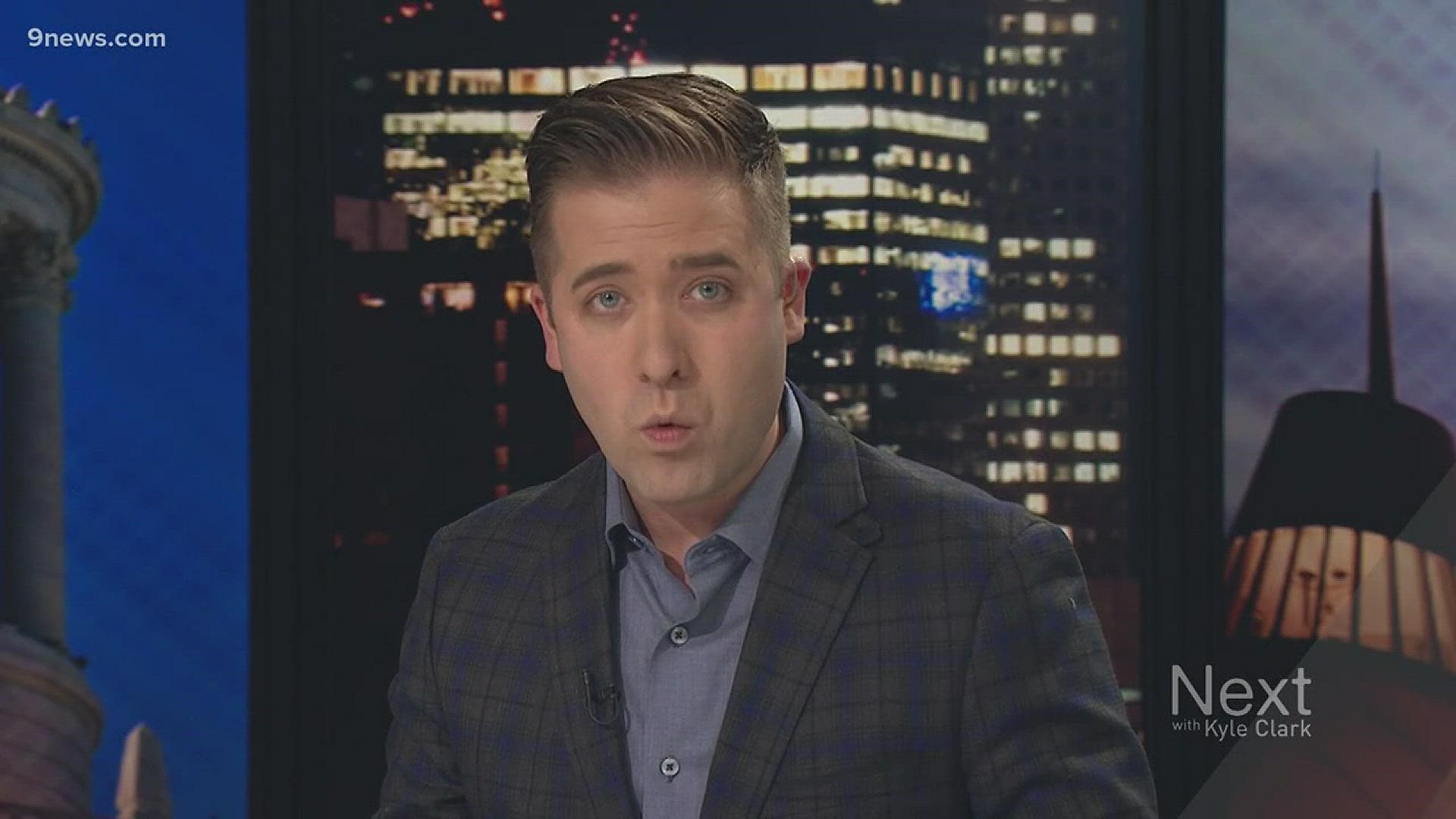DENVER — Shortly after it started rolling around on Denver roadways, Next with Kyle Clark viewers started snapping and sending photos, questioning why the Denver Police Department has a Tesla in its fleet.
The answer wasn't too far away. The department produced a video on its Facebook page announcing the "birth" of the vehicle.
The video explains that the 2013 Tesla Model S60 was used in a crime, so the department "adopted it." The Denver Police Foundation paid to have it converted to a police car, the video explains.
The department showed it to 9NEWS in 2018, explaining that the car circulates between community events.
But Denver Police still can't tell 9NEWS what crime was involved with the case. In 2018, the department claimed it involves a multi-jurisdictional drug case being prosecuted by the Colorado Attorney General's Office.
A spokesman for the Colorado Attorney General Phil Weiser would only confirm that a case was being prosecuted by his office, but could not give details of the case on Wednesday.
9NEWS started asking questions about the car again Wednesday, after the U.S. Supreme Court ruled unanimously on a case involving a forfeiture, essentially ruling that 8th amendment protections against excessive fines relate to forfeiture and apply to state and local authorities as they do federal authorities.
“I believe that most of the court is pretty much strongly against wholesale forfeiture, particularly prior to conviction,” said 9NEWS legal analyst Scott Robinson. “At least in the future the Supreme Court decision will make it much more difficult to forfeit property. And when it becomes valuable property like when it becomes an expensive car or a home – I think the court has set the bar very very high.”
The case before the U.S. Supreme Court involved a man who was convicted of selling heroin in Indiana. Though the man faced fines maxing out at $10,000, police there seized a $42,000 S.U.V. from him, claiming it had been used in the crime.
“There certainly is a proportional aspect to the Supreme Court’s decision. You can’t be taking away a $50,000 automobile for a $50 sale of crack cocaine on a street corner," Robinson said.
It remains unclear how Wednesday's ruling would impact Colorado Law on civil asset forfeiture. In 2017, then-governor John Hickenlooper signed a law requiring more robust reporting of civil asset forfeiture by Colorado agencies.
Agencies must now submit biannual reports of seizures to the Colorado Department of Local Affairs. According to the most recent report for the first six months of 2018, authorities made 657 seizures totaling $9,141,530.67.
"What we don’t know at this point is how Denver and surrounding counties might change their procedure in light of the Supreme Court’s unanimous decision,” Robinson said.
Steve Staeger is a reporter for Next with Kyle Clark. He also anchors 9News Weekend Mornings. Contact Steve by e-mailing steve@9news.com or calling 303-871-1825.

